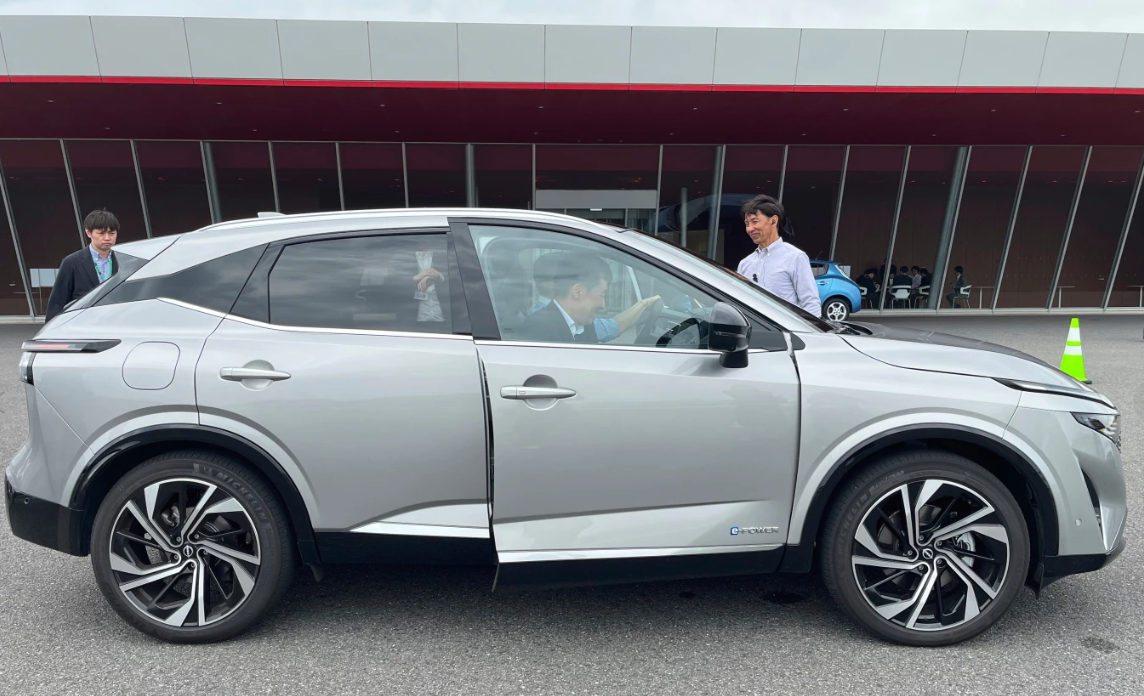Struggling Japanese automaker Nissan is placing its hopes for a comeback on its new “e-Power” technology — a unique form of hybrid innovation. Unlike conventional hybrids like Toyota’s Prius, which shift between electric and gasoline modes while driving, e-Power models always run on electric motors powered by a battery, offering a smoother and quieter experience.
Chief Technology Officer Eiichi Akashi emphasized Nissan’s legacy of pushing technological boundaries, noting that e-Power stands out because the vehicle is never directly powered by the gasoline engine. Instead, the engine serves only to recharge the battery, meaning drivers won’t need to plug in the car like a traditional EV — just refuel at a gas station and go.
The company, which reported a $4.5 billion loss for the fiscal year ending in March, is aiming for a rebound, particularly in North America where sales have been hit hard by shifting market dynamics and U.S. tariff policies under President Donald Trump.
As part of its recovery plan, Nissan is cutting costs, forming strategic alliances, and refining its vehicle lineup. A key move includes expanding its e-Power system across more models. The technology is currently available in Europe on the Qashqai and X-Trail, and on the Note in Japan. It’s set to debut in the upcoming Rogue in the U.S.
Despite not revealing pricing details for its new models, Nissan aims to position e-Power as a more accessible option for those hesitant to switch to full EVs. Other than Nissan, Suzuki — known for its compact “kei” cars — is one of the few automakers offering a similar system.
Nissan, once a pioneer in electric vehicles with the launch of the Leaf in 2010, is also developing next-gen EVs and solid-state batteries to replace the current lithium-ion ones used across its product lines.
However, analysts warn that Nissan’s financial situation remains precarious. Rumors suggest the company may sell its Yokohama headquarters or convert one of its domestic plants into a commercial venture, possibly a casino, to raise funds.
Talks with Honda Motor Co. about a potential merger or partnership were abandoned earlier this year, leaving Nissan to continue its recovery efforts independently under new CEO Ivan Espinosa. As part of that plan, the company will cut around 20,000 jobs globally and reduce its production facilities from 17 to 10.














